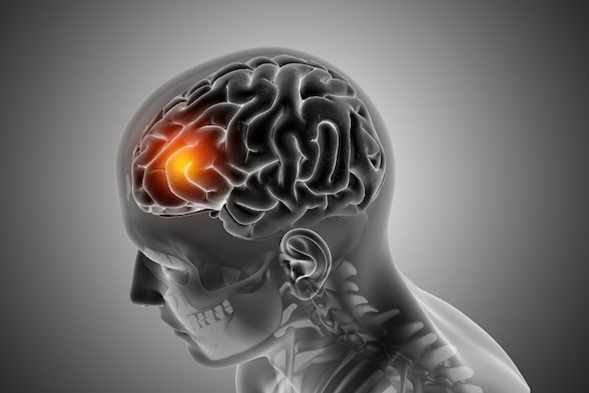
Neurological disorders encompass a diverse range of conditions affecting the brain, spinal cord, and nerves throughout the body. These disorders can result from various causes, leading to symptoms that impact movement, sensation, cognition, and other vital functions. Understanding the types, causes, and management of neurological disorders is crucial for diagnosis, treatment, and improving quality of life for affected individuals.
Types of Neurological Disorders
- Neurodegenerative Disorders: Neurodegenerative diseases, such as Alzheimer’s disease, Parkinson’s disease, and amyotrophic lateral sclerosis (ALS), involve the progressive degeneration and loss of nerve cells, leading to functional impairments over time.
- Stroke: A stroke occurs when blood flow to part of the brain is disrupted, either due to a blockage (ischemic stroke) or bleeding (hemorrhagic stroke), resulting in brain damage and neurological deficits.
- Epilepsy: Epilepsy is a chronic disorder characterized by recurrent seizures, which are caused by abnormal electrical activity in the brain.
- Multiple Sclerosis (MS): MS is an autoimmune disease that affects the central nervous system, causing inflammation, demyelination, and damage to nerve fibers, leading to a wide range of symptoms.
- Headaches and Migraines: Headaches and migraines are common neurological disorders characterized by recurrent episodes of head pain, often accompanied by other symptoms such as nausea, sensitivity to light, and visual disturbances.
Causes and Risk Factors Neurological disorders can have various causes, including genetic predisposition, environmental factors, infections, traumatic injuries, vascular problems, and autoimmune reactions. Additionally, lifestyle factors such as diet, exercise, and stress can influence the risk of developing certain neurological conditions.
Symptoms and Diagnosis Symptoms of neurological disorders vary widely depending on the specific condition but may include headaches, dizziness, weakness, numbness, tremors, difficulty speaking or swallowing, memory loss, and changes in mood or behavior. Diagnosis typically involves a thorough medical history, neurological examination, imaging tests (such as MRI and CT scans), and specialized procedures (such as electroencephalography for epilepsy).
Treatment Options Treatment for neurological disorders aims to alleviate symptoms, slow disease progression, and improve overall functioning and quality of life. Depending on the condition, treatment may include medications (such as anticonvulsants, antidepressants, and immunosuppressants), physical therapy, occupational therapy, speech therapy, surgical interventions, and lifestyle modifications.


